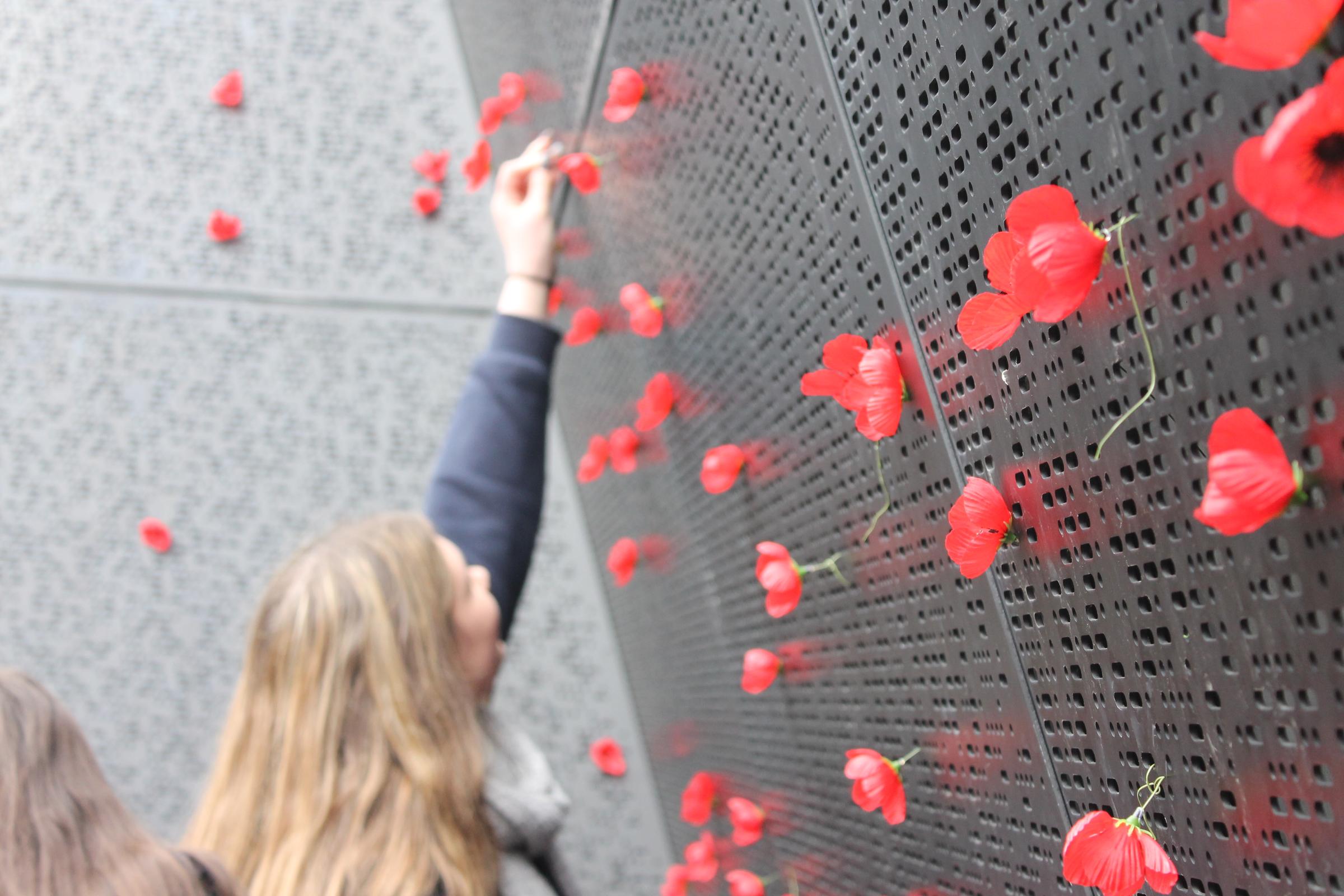MODERN HISTORY

MODERN HISTORY
Unit 1: Change and conflict
In this unit students investigate the nature of social, political, economic and cultural change in the later part of the 19th century and the first half of the 20th century. Modern History provides students with an opportunity to explore the significant events, ideas, individuals and movements that shaped the social, political, economic and technological conditions and developments that have defined the modern world. This focuses on the Great Depression, the two World Wars, changes throughout the existing empires and the role of Germany, USSR, Japan and Turkey in reshaping borders and political ideology.
Outcome 1
On completion of this unit the student should be able to explain how significant events, ideologies and individuals contributed to political and economic changes in the first half of the 20th century, and analyse how these contributed to the causes of World War Two.
Outcome 2
On completion of this unit the student should be able to explain patterns of social and cultural change in everyday life in the first half of the twentieth century, and analyse the conditions which influenced these changes
Unit 2: The changing world order
In this unit students investigate the nature and impact of the Cold War and challenges and changes to social, political and economic structures and systems of power in the second half of the twentieth century and the first decade of the twenty-first century. The collapse of the USSR, beginning with Poland, Eastern European communist dictatorships fell one by one. The fall of the Berlin Wall was a significant turning point in modern history. Independence movements in former colonies in Africa, the Middle East, Asia and the Pacific broke out and new countries were formed. Ethnic and sectarian conflicts also continued and terrorism became increasingly global. Challenges to existing values and traditions, such as the civil rights movement, feminism and environmental movements, as well as new political partnerships, such as the UN, European Union, APEC, OPEC, ASEAN and the British Commonwealth of Nations. The war on terrorism and the Global Financial Crisis are also looked at in detail.
Outcome 1
On completion of this unit the student should be able to explain the causes of the Cold War and analyse its consequences on nations and people.
Outcome 2
On completion of this unit the student should be able to explain the challenges to social, political and/or economic structures of power and evaluate the extent to which continuity and change occurred.
